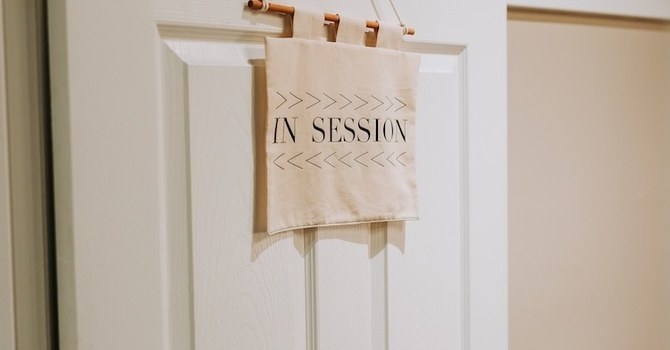
In today’s world, “hustle culture” has become a badge of honor. We celebrate being busy, praise long work hours, and equate productivity with personal worth. But beneath the glamorized façade of constant achievement lies a serious mental health issue: burnout.
What Is Hustle Culture?
Hustle culture is the belief that success comes only through relentless work and constant striving. It glorifies pushing yourself to the limit—often at the expense of rest, relationships, and self-care. While ambition and hard work are valuable, the expectation to always be productive can create a toxic cycle of stress, guilt, and exhaustion.
The Science of Burnout
Burnout is more than just feeling tired. The World Health Organization (WHO) defines burnout as a syndrome resulting from chronic workplace stress that has not been successfully managed. It involves three key dimensions:
- Emotional exhaustion – feeling drained and unable to cope.
- Depersonalization or cynicism – distancing yourself emotionally from your work or others.
- Reduced sense of accomplishment – feeling ineffective, even when you’re doing your best.
Research shows that burnout can lead to serious physical and mental health consequences, including anxiety, depression, insomnia, heart disease, and weakened immune function. According to a 2023 Gallup report, nearly 76% of employees experience burnout at least sometimes, and 28% experience it very often or always.
Why We Struggle to Slow Down
Many people trapped in hustle culture fear that slowing down means falling behind. We internalize societal messages that rest equals laziness. Yet, neuroscience tells us the opposite: our brains need downtime to consolidate memories, regulate emotions, and problem-solve effectively. Chronic stress actually reduces cognitive flexibility and emotional resilience—the very skills that help us succeed.
Reclaiming Balance
Breaking free from hustle culture starts with self-awareness. Ask yourself:
- Do I feel guilty when I rest?
- Am I constantly anxious about not doing enough?
- Have my relationships or health suffered because of work?
If you answered “yes” to any of these, it may be time to re-evaluate your relationship with productivity. Setting boundaries, prioritizing rest, and redefining success beyond achievements are crucial first steps. Therapy can also be a powerful space to explore the deeper beliefs that drive overwork—such as perfectionism, fear of failure, or self-worth tied to accomplishment.
You Don’t Have to Do It Alone
If you’re feeling exhausted, disconnected, or stuck in the cycle of hustle and burnout, help is available. Working with a psychotherapist can help you identify patterns, develop healthier coping strategies, and create a more balanced, fulfilling life.
You deserve rest. You deserve joy. You deserve to feel whole again.
Book an appointment today to start reclaiming your energy and redefining success on your own terms.





